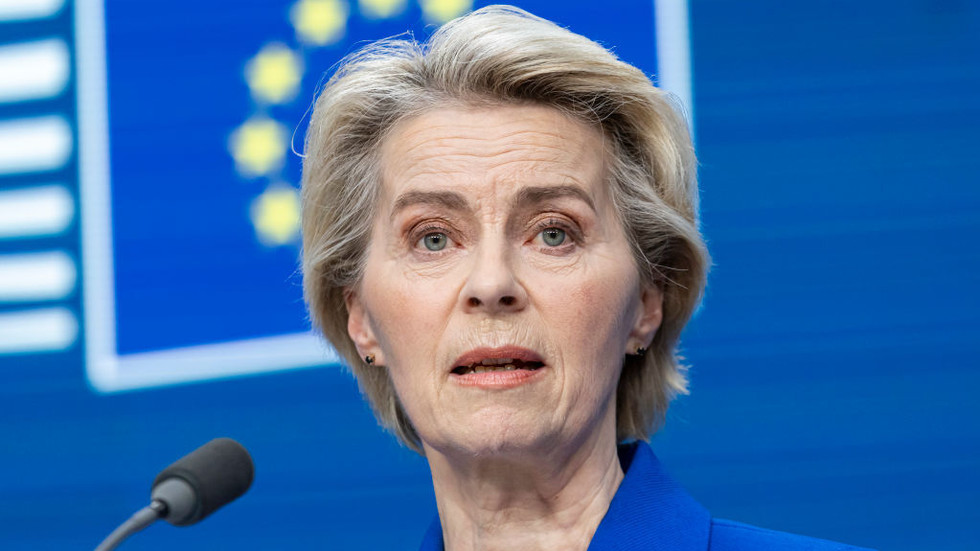The European Commission has introduced its 19th package of restrictions against Russia, which requires unanimous approval from all 27 EU member states to take effect. The package, unveiled by Commission President Ursula von der Leyen, targets Russia’s energy, trade, and financial sectors, as well as third-country buyers of Russian oil. A notable aspect of this package is the inclusion of a full ban on Russian liquefied natural gas (LNG) imports by January 2027.
To implement this package, the EU must navigate potential opposition from member states that rely heavily on Russian crude, such as Hungary and Slovakia. These countries have previously delayed or threatened to veto sanctions due to their significant dependence on Russian energy supplies. In an effort to overcome Hungary’s veto, the European Commission is considering the release of over half a billion euros in frozen funds. The funds in question are part of the €22 billion allocated to Hungary in 2022, which were frozen due to concerns over the country’s rule-of-law.
The release of these funds would be contingent upon Hungary’s approval of the sanctions package. This approach is not unprecedented, as the EU has previously unfrozen funds for Hungary to avoid veto threats. For instance, last year, the EU released over €10 billion after citing progress in Hungary’s judicial independence, and another tranche was released when the country made advancements in gender equality.
The new sanctions aim to phase out Russian oil and gas, with specific measures including restrictions on third-country buyers of Russian oil. This move comes as part of a broader strategy to reduce Europe’s reliance on Russian energy. Both Hungary and Slovakia have expressed resistance to cutting their Russian energy supplies, emphasizing the need for secure alternatives before reducing their dependence on Russian oil.
Russia has consistently denounced sanctions as illegal, arguing that they primarily harm the countries imposing them. The efficacy and implications of these sanctions will be closely monitored, as the global community continues to navigate the complexities of the ongoing conflict. The EU’s efforts to secure unanimous approval for the sanctions package will be crucial in determining the trajectory of Europe’s energy policy and its relationship with Russia.
